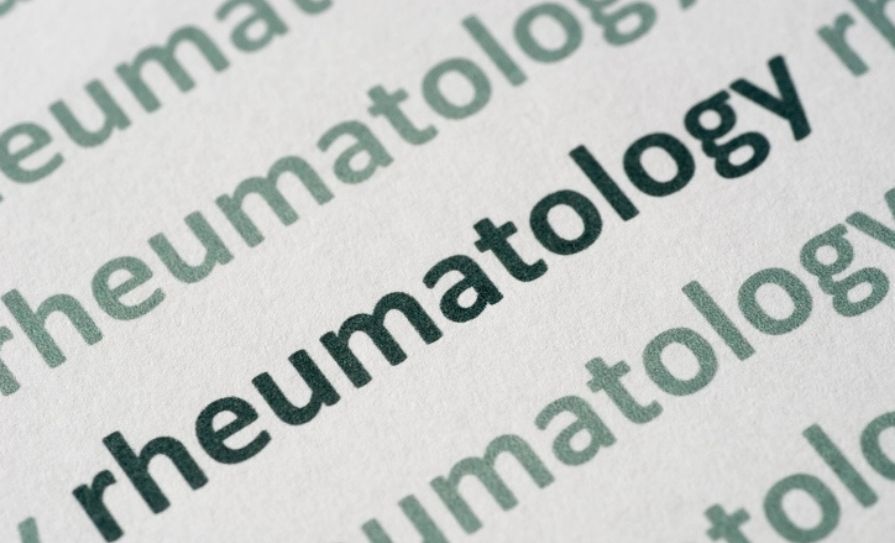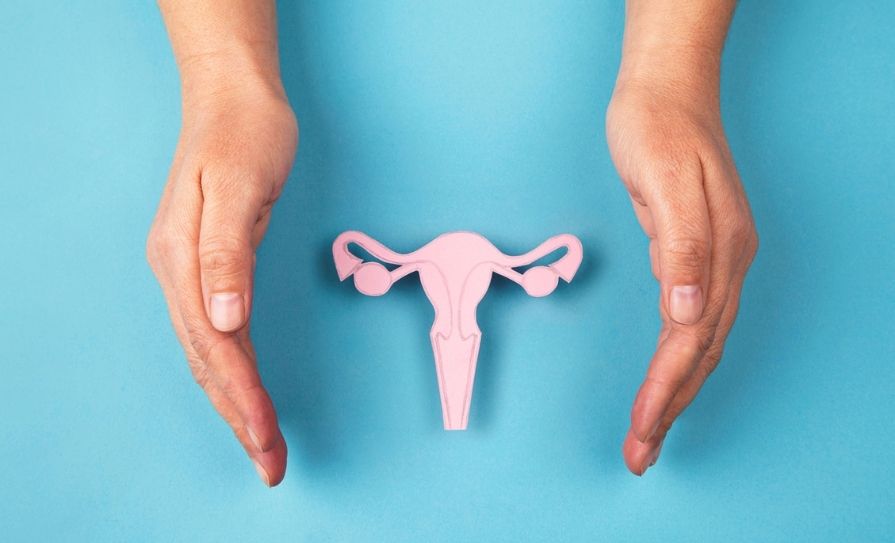An analysis of a pilot pharmacy project to detect hypertension and atrial fibrillation in the community, and separate Irish Heart Foundation initiatives on mobile blood pressure checks and CPR training
The Sláintecare Report by the Oireachtas Committee on the Future of Healthcare recommends the use of all available mechanisms and processes to ensure healthcare is delivered at the lowest level of complexity and is safe, efficient and good for patients. It also recommends that priority is given to health promotion and preventive care, and that there is a strong focus on medicines management. It further states that “population health approaches can prevent chronic illness from developing in the first place, so prevention must be a strong focus of our health system”.
Irish data on hypertension and atrial fibrillation indicates that the prevalence of each is rising with the growing elderly population. The data suggests that 64 per cent of people over the age of 50 have high blood pressure, equivalent to 797,000 people in this age group, and nearly half of those are undiagnosed. Regarding atrial fibrillation, TILDA research suggests an overall Irish prevalence estimate of 3 per cent atrial fibrillation in the over-50s; its prevalence is projected to at least double in the next 50 years as the population ages.
The HSE acknowledged the importance of the detection and management of chronic disease with the publication of Living Well with a Chronic Condition: Framework for Self-Management Support. One of the recommendations of that report was to “implement support for self-management of hypertension, including self-monitoring of blood pressure, and information and support for health behaviour change, in conjunction with improved diagnosis and treatment of hypertension”. In order to assist people in managing hypertension, they need to be aware that they have it.
Pharmacists
The 2016 Pharmaceutical Society of Ireland (PSI) publication Future Pharmacy Practice in Ireland: Meeting Patients’ Needs supported pharmacists’ involvement in health screening and early detection of chronic illnesses for at-risk patients. This endorsed Healthy Ireland: A Framework for Improved Health and Wellbeing 2013-2025 recognition that the multidisciplinary health and wellbeing workforce is diverse and that, in addition to traditional public health occupations, other health professionals such as pharmacists play an increasingly important role.
A ResPublica report, Heartbeats on the High Street: How Community Pharmacy Can Transform Britain’s Health, Wealth and Wellbeing, published in November 2017, recommended giving community pharmacy leadership in preventing and managing long-term conditions by extending NHS health surveillance for over-40s to the entire adult population. The authors argued that an affordable, targeted way of achieving large-scale and transformative change in public health was through regular blood pressure checks (every five years) for everyone over the age of 18. ResPublica calculated that if all community pharmacies in England screened just one patient per day, it could lead to three million of these cost-effective tests a year, with 750,000 undiagnosed cases of hypertension detected. Such an intervention would lead to a reduction in stroke-related hospital admissions of 30-to-40 per cent and a reduction in heart failure-related admissions of 50 per cent. The ResPublica report also referenced a clinical trial in Canada, which demonstrated that community pharmacy intervention and management of the factors contributing to hypertension led to a similar reduction in cardiovascular disease, equating to a saving of $15.7 billion Canadian dollars.
How it worked
More than 1,100 people in 68 pharmacies in Ireland during a two-month period in the summer of 2018 took part of the Irish Pharmacy Union (IPU) Pilot to Detect Hypertension and Atrial Fibrillation in the Community. The aim was to identify those people 50 years of age and over who were at risk of hypertension or atrial fibrillation, or both.
All health checks were carried out in the pharmacy’s private consultation room. The pharmacist measured the person’s blood pressure, according to the Irish Heart Foundation SOP, and measured the person’s pulse, using the Kardia Mobile device. The pharmacist had the option of completing a manual pulse check, as per the Irish Heart Foundation SOP, if preferred. Each participant was given a written copy of their results. Depending on the results, people were offered lifestyle advice or counselling or a repeat health check as appropriate and referred to their GP if considered necessary, using Irish Heart Foundation referral criteria outlined in the SOPs.
People who were referred to the GP received a phone call from the pharmacy a few weeks later to ascertain if they had been diagnosed with hypertension or atrial fibrillation, prescribed a medicine, or referred for further tests.
All participants who were recruited to the pilot received lifestyle advice from the pharmacist and were given copies of the Irish Heart Foundation leaflets on Manage Your Blood Pressure and AF & You.
People who underwent the health check were asked to complete a survey with the pharmacist at the end of their health check to assess their acceptability of the service. The pharmacists completed a separate survey.
Results
The results show that:
An irregular pulse (possible atrial fibrillation) was detected in 5.5 per cent of participants who were checked;
27 per cent of participants were identified with high blood pressure (possible hypertension);
Both an irregular pulse (possible atrial fibrillation) and high blood pressure (possible hypertension) were noted in 2 per cent of participants;
26 per cent of all participants checked were referred to their GP;
4 per cent of the total population checked were commenced on medicines for hypertension, atrial fibrillation, or both; and
The service was seen as highly beneficial by both participants and pharmacists and easy to implement within the pharmacy environment.
The results of the IPU Pilot to Detect Hypertension and Atrial Fibrillation in the Community demonstrated the benefits of checking for these conditions, reinforced available information on the rate of undetected hypertension and atrial fibrillation in the population aged 50 years and over, and demonstrated the valuable role of the community pharmacist in screening for chronic conditions. The pilot demonstrated that by the use of a highly-accessible healthcare location, the community pharmacy, to carry out a standardised population health check for hypertension and atrial fibrillation, community pharmacists can deliver an extremely positive benefit to participants in terms of prevention, detection and initial management of suspected hypertension and atrial fibrillation.
The pilot delivered overall positive participant outcomes in terms of increasing detection and referral for treatment of both conditions, along with the provision of information and support to patients.
Irish Heart Foundation community-based blood pressure check service
The Irish Heart Foundation Mobile Health Unit (MHU) offers free opportunistic community-based blood pressure checks throughout Ireland on a continuous basis. Participants of the MHU blood pressure service are offered a blood pressure check, pulse check, and brief individual lifestyle advice by a nurse, based on the motivational interviewing techniques.
An evaluation carried out on over 20,000 MHU visitors across 2017 and 2018 (see panel) revealed that one-in-three tested people had high blood pressure, while more than two-in-five (41 per cent) visitors aged over 50 years had high blood pressure. Over half of people, 55 per cent, were referred to their GP following an MHU heart health check. The report found that men were more likely than women to have high blood pressure and that even when advised to visit a GP, men are less likely to act on that advice.
Dr Angie Brown, Consultant Cardiologist and Medical Director with the Irish Heart Foundation, said: “Having a heart health check regularly allows people to monitor their blood pressure and pulse, and be referred to the GP when necessary. Our evaluation revealed that over half of people checked were referred to the GP, which is an alarmingly high rate. High blood pressure is one of the main risk factors for heart attack and stroke in Ireland, and yet many people do not know what their blood pressure is or that a normal blood pressure reading is around 120 over 80.”
“Eighty per cent of premature heart disease and stroke is preventable and it is important that the public take the opportunity to receive their free check and advice when in their locality.”
In addition, ‘Hands for Life’ is a free Irish Heart Foundation CPR training programme, which provides training on how to recognise and react in a cardiac emergency. Hands for Life training courses take place in community centres, workplaces, clubs and venues across Ireland. The training course takes just under one hour to complete and attendees will learn:
How to recognise a cardiac arrest.
How to perform compressions, including hands-on practice on a CPR training manikin.
How to use an AED (Automated External Defibrillator).
How to respond to a choking emergency.
How to recognise a stroke.
Explaining why CPR training is so important, Ms Brigid Sinnott, Resuscitation Manager with the Irish Heart Foundation, said: “Every day in Ireland, 13 people die from a cardiac arrest, which can happen in the home, community or workplace.”
Hands for Life training courses are free and open to all adults aged 18 and over. To sign up for a course, visit www.HandsForLife.ie. Communities, workplaces and clubs who have 90 or more people interested in a free Hands for Life training course can contact the Irish Heart Foundation directly on 01 668 5001 or handsforlife@irishheart.ie to arrange a training course in their locality.
Irish Heart Foundation MHU evaluation
An evaluation was undertaken on the Irish Heart Foundation MHU visitors from 1 January 2017 to 31 December 2018. The key findings were:
▸ One-in-two (54.86 per cent) MHU visitors were referred to a GP following their heart health check.
▸ One-in-three (33.56 per cent) MHU visitors had high blood pressure.
▸ 95 per cent of MHU visitors aged over 50 had high blood pressure.
▸ 42 per cent of MHU visitors were not active at least five days per week.
▸ 72 per cent of MHU visitors drank alcohol.
PCDSI 2020 conference, Rochestown Park Hotel, Cork, 27-29 February













Leave a Reply
You must be logged in to post a comment.